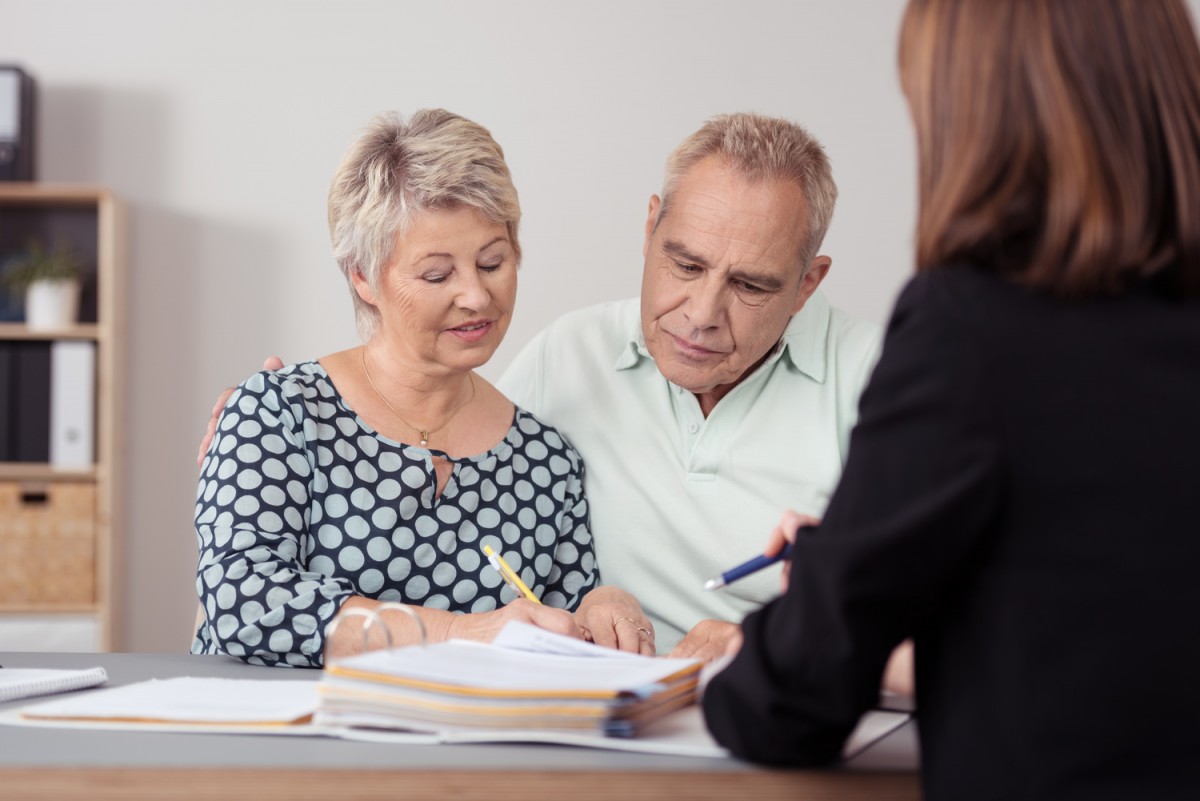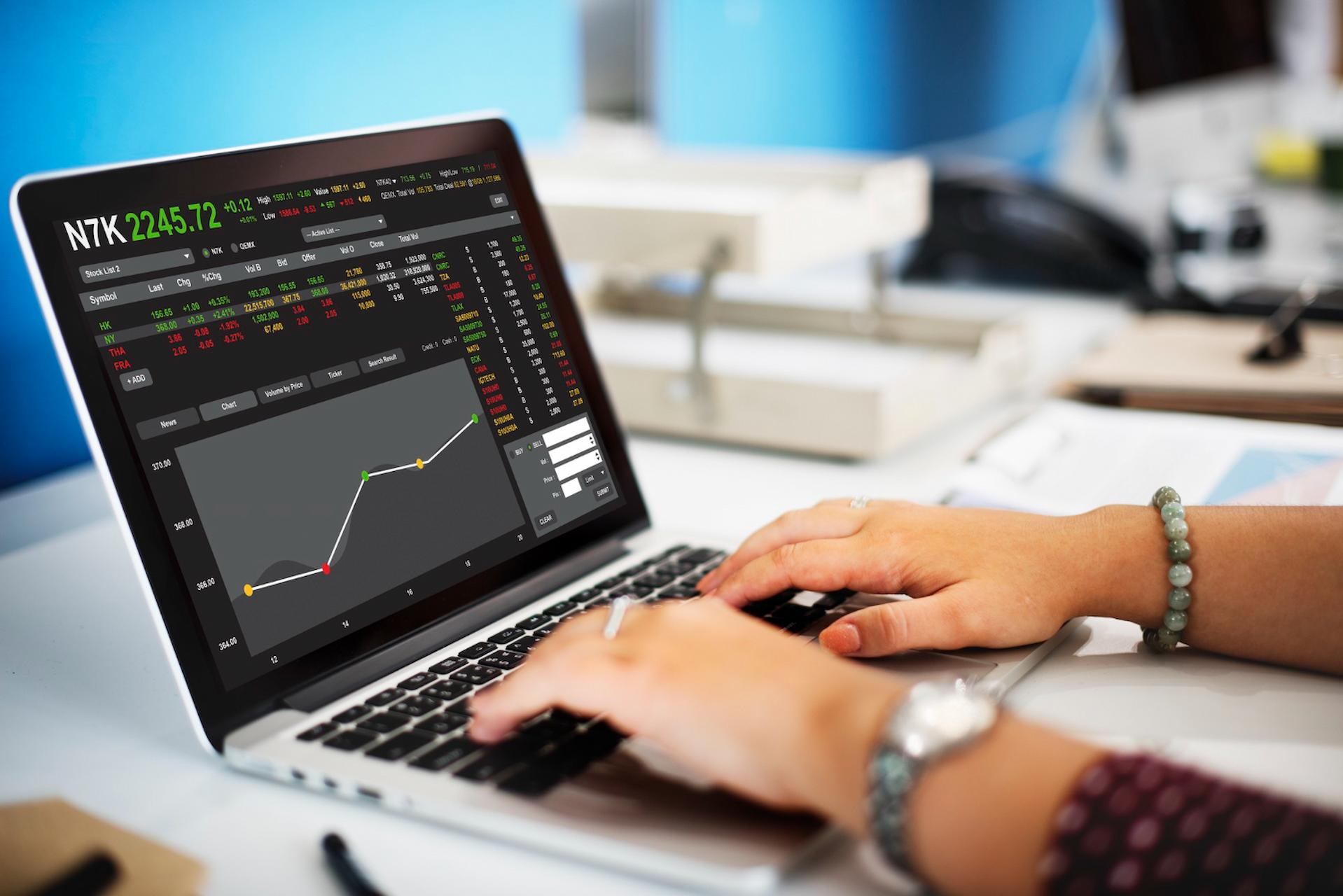A reverse mortgage, just like a conventional mortgage is a loan which is made by a lender to a homeowner wherein the home is used as a collateral or security. In the case of a conventional mortgage, the income is used by the homeowner so as to pay the debt over time. But, in the case of a reverse mortgage, the balance of the loan grows over the time because no monthly mortgage payment is being made by the homeowner. A reverse mortgage usually does not require the amount to be paid until the homeowner has actually moved out of the property or has passed away. Therefore, life expectancy is an immense part of the calculation in regard to how much money the borrower is going to receive.
In usual cases, the older you are there are more chances that you have more equity in your home and lower would be the balance of your mortgage loan. Therefore, you can expect more money from a reverse mortgage loan. But, before jumping in, it is important to understand the basics of how does a reverse mortgage work.
Understanding How Reverse Mortgage Works
A reverse Mortgage works differently compared to a forward mortgage wherein instead of making monthly payments to the lender the lender actually makes payments to the homeowner. The amount would be based on a percentage of the total value of the home. The homeowners get the chance to choose if they want the cash to be paid to them as a lump sum amount or on the basis of a regular monthly cash advance, a line of credit or a combination of all these methods.
The homeowner gets to keep the title of the home to themselves which basically acts as the security for the loan taken. Interest is only charged on the received proceeds which are most often available as variable and fixed interest rates. Now as the loan keeps on progressing, the debt increases whereas there is a decrease in the home equity. When the homeowner moves out from the home or passes away, the lender sells the house so as to recover the money that was lent. Out of the amount recovered from selling the house, after the fees of the lender is paid, any equity left over in the house goes to the homeowner or to their heirs.
Who Is Eligible For A Reverse Mortgage?
You are eligible for a reverse mortgage if:
- You own a home and use it as your primary residence
- You are 62 years old or above
- You have the ownership of your house which is clear and absolutely free from an existing mortgage or there is only a small amount left over to pay.
- Your home is in a good condition prior to taking the loan
- The house is a single family, multi-family of up to 4 or is an approved manufactured home or a condominium.
By understanding how does a reverse mortgage work, you would also be able to understand if it is the right option for you or not. If it is a suitable option, check your options for withdrawing money and go for it.



